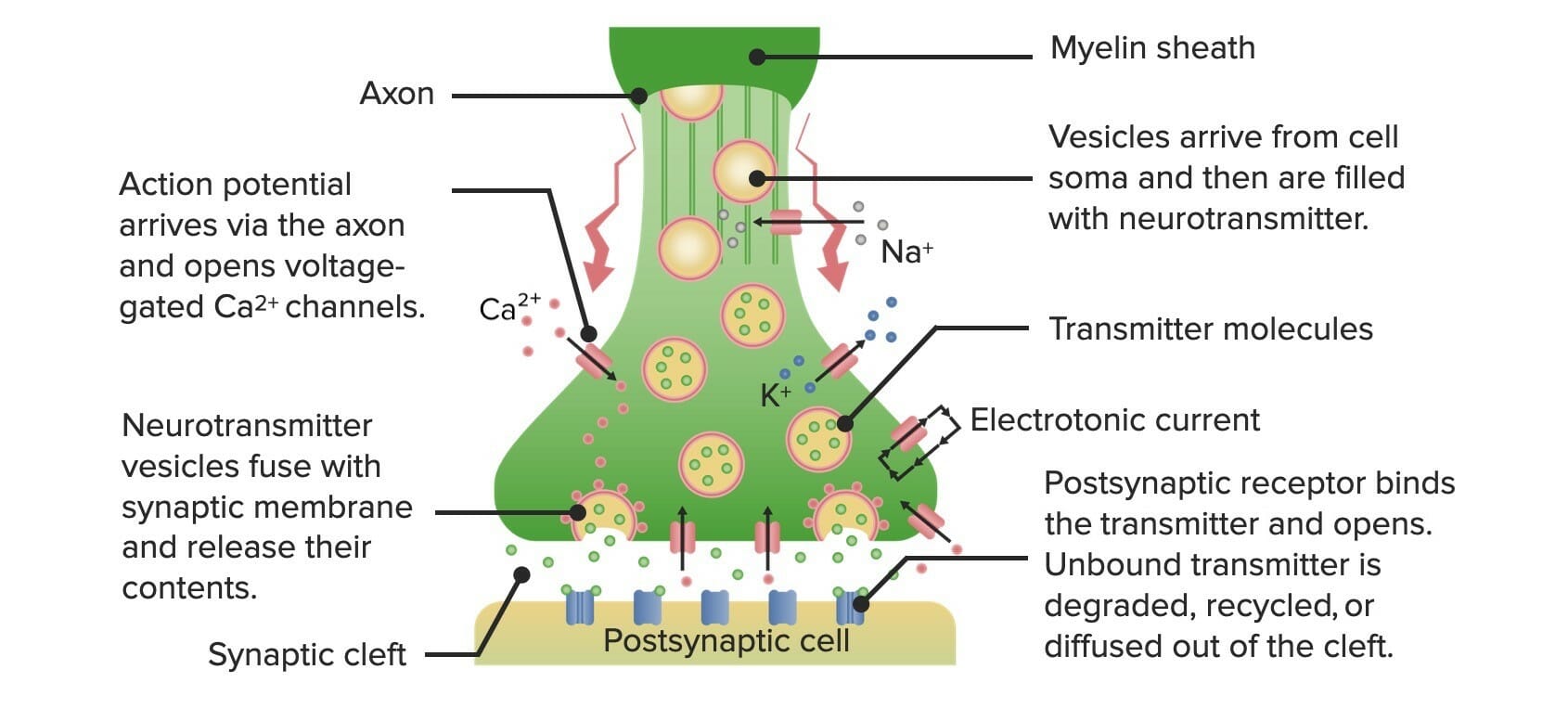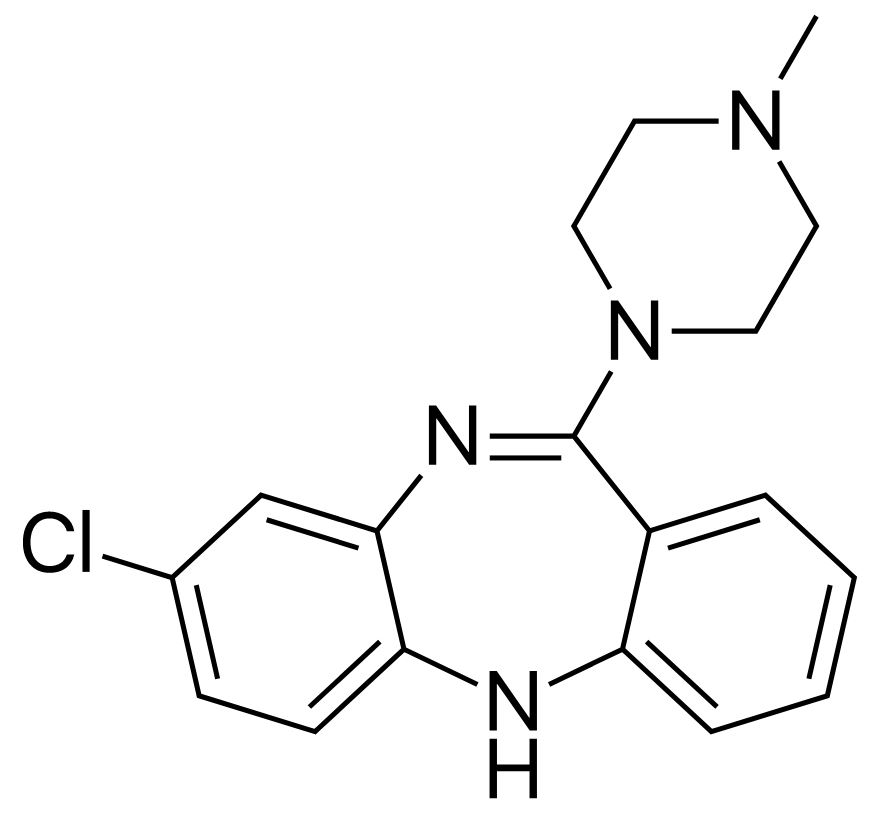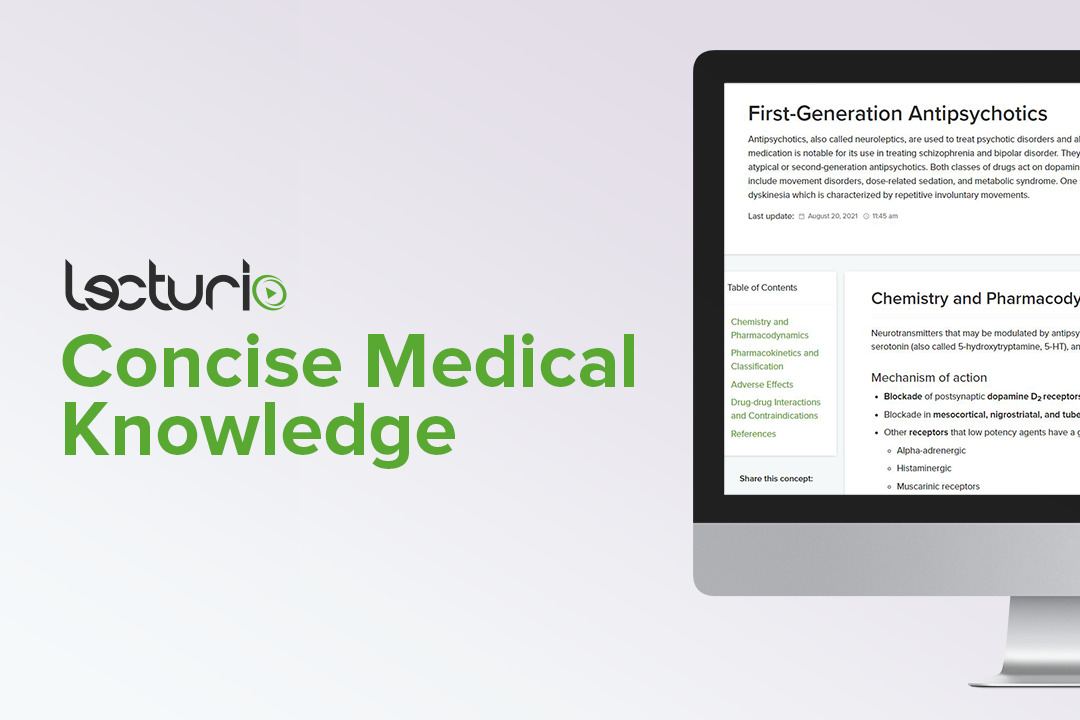Playlist
Show Playlist
Hide Playlist
Overview – Antipsychotics
-
Slides Overview Antipsychotics.pdf
-
Reference List Pharmacology.pdf
-
Download Lecture Overview
00:01 Hi. I'm Dr. Shukla. We're going to cover the pharmacology of psychotic disorders as a general principled approach. We have drugs that are used to treat psychosis and hyperactivity by reducing the levels of dopamine or the rates of dopamine transmission in the brain. We also have drugs that are used to treat Parkinson's disease and the dyskinesias, and we use drugs that increase the levels of dopamine or dopamine transmission in the brain. 00:30 So you can see that there's a interesting relationship between Psychosis and Parkinson's disease. So in terms of treatment of these diseases, so for example bipolar disease we have classical drugs like lithium and we have some of the novel agents that can include carbamazepine, can include clonazepam, olanzapine and valproic acid. We also have drugs that are treating the psychotic disorders. 00:56 Classical drugs can include the phenothiazines, the thioxanthenes, and the butyrophenones. Butyrophenones are very commonly used on hospital wards by residents and interns. Because it's an easy drug and it's got a fairly good therapeutic index. Some of the newer agents that we're now using include clozapine and its derivatives. So there's a lot of drugs that we can have a choice for use in these psychiatric illnesses.
About the Lecture
The lecture Overview – Antipsychotics by Pravin Shukle, MD is from the course CNS - Pharmacology.
Included Quiz Questions
Parkinson disease and schizophrenia are related by the dysregulation of which neurotransmitter?
- Dopamine
- Norepinephrine
- Serotonin
- Acetylcholine
- Glutamate
Customer reviews
5,0 of 5 stars
| 5 Stars |
|
5 |
| 4 Stars |
|
0 |
| 3 Stars |
|
0 |
| 2 Stars |
|
0 |
| 1 Star |
|
0 |






